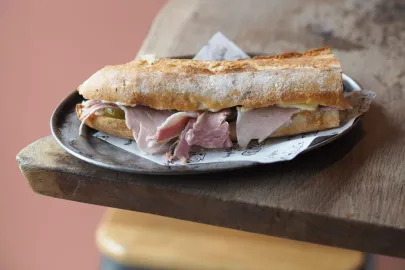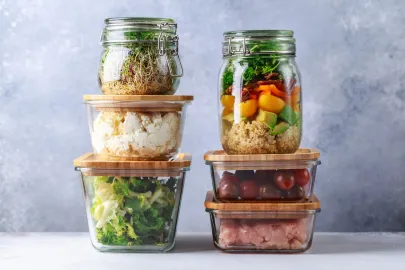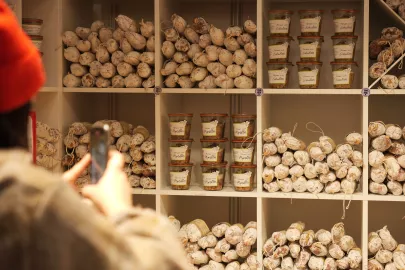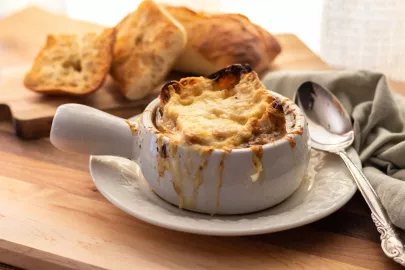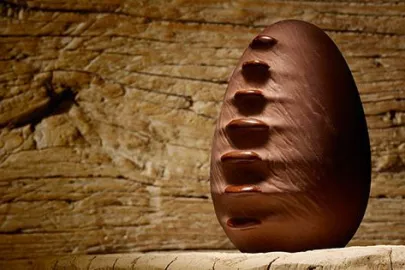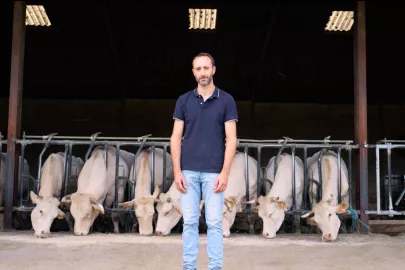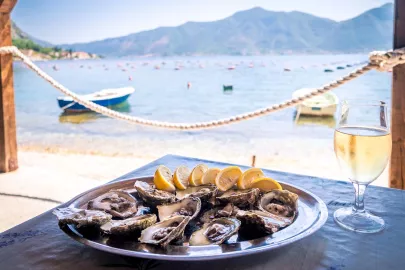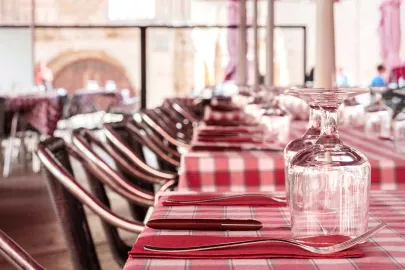Considered a pioneer in plant-based, sustainable cuisine, the famous Parisian chef Alain Passard has paved a new way forward.
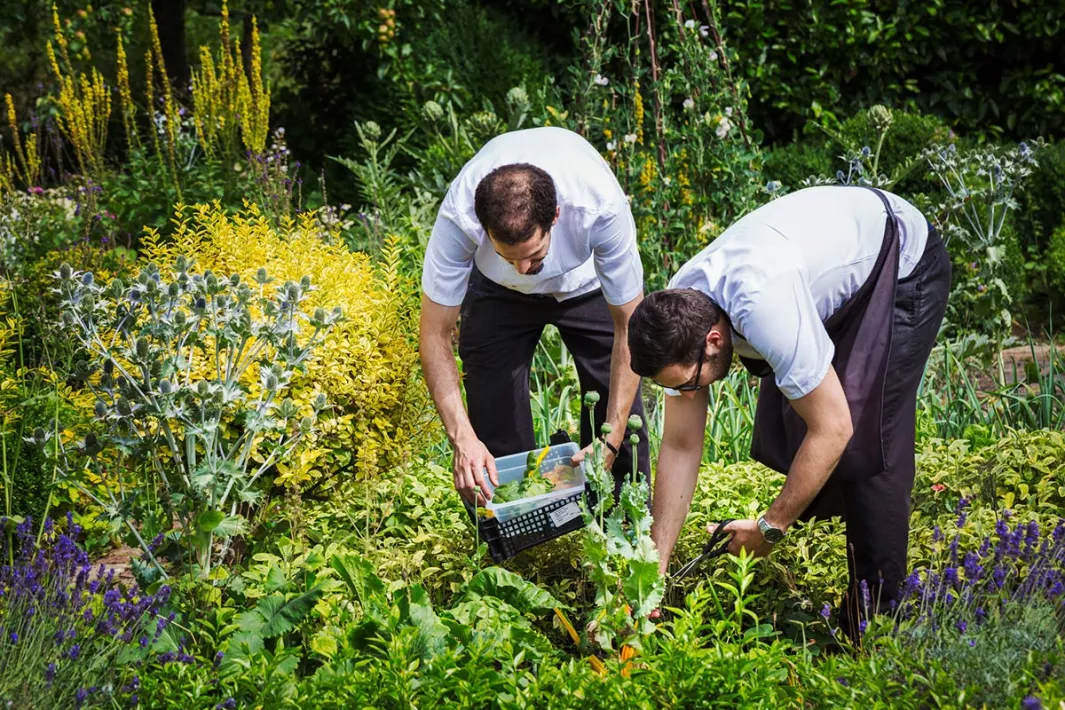
Short channels.
While fine cuisine offers a great opportunity to bring disparate cultures together, chefs around the world are starting to incorporate local products in an effort to curb their carbon footprint. In France, the Parisian chef Alain Passard is leading the charge. This pioneer in plant-based cuisine and sustainable cooking also encourages chefs to grow their own vegetable gardens. His own gardens, which are grown using a biodynamics-centered approach, supply his restaurant, L'Arpège, and help guide his menu choices. His actions have inspired the next generation of chefs. In Flanders, the restaurant of newsworthy chef Florent Ladeyn only serves products that are sourced within a 50 km radius. That means no chocolate, pepper, citrus, olive oil, or even coffee. The decision is equal parts activism and creative challenge. It's paying off, too—his restaurant is always packed.
Zero waste and zero plastic.
Waste reduction is another key concern. The incredible three-starred Mirazur in Menton tops the list of the World's 50 Best Restaurants. Its owner, Mauro Colagreco, also managed to make it the first company and restaurant in the world to be certified "Plastic Free" in early 2020. He has now turned his focus to bread and plans on building his own mill to be able to work with organic flours made from heritage grains. In his oceanside restaurant in La Rochelle, Christopher Coutenceau puts his long-standing commitment to sustainable fishing to practice. He wrote a manifesto against electrofishing that has been signed by over 200 chefs in Europe. The restaurant's signature dish, "Head-to-tail sardines," symbolizes his beliefs. It features marinated sardine fillets. The heads and bones of the fish are used to season a bouillon, and the tails are fried. While it might not be the flashiest dish out there, the restaurant has nevertheless earned three Michelin stars.
Contributor

Editor

